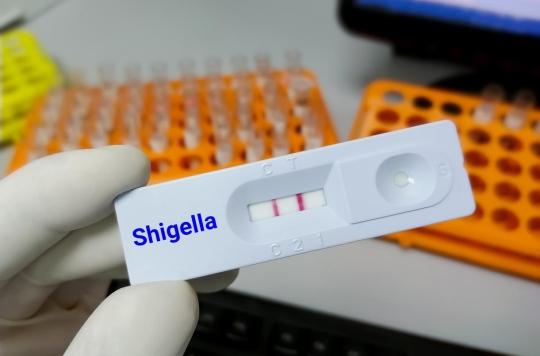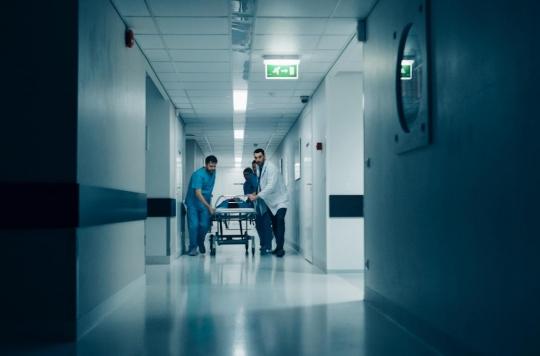Waiting more than 12 hours in the ER is increasingly common in the UK. Almost 1,600 patients experienced it between January and March.

The trend is alarming. In just five years, UK emergency room wait times have skyrocketed. According to the latest figures from the NHS, the national health service, the number of people waiting more than 12 hours has climbed 10,000% since 2012. And the situation is not going to improve anytime soon.
Between January and March, nearly 1,600 patients spent more than half a day in the emergency room. In 2012, they were only 15. Enough to arouse the anger of those concerned, but also of the opposition parties. They openly call on the government to resolve the situation by increasing funding.
This request is justified to say the least: according to the management body of the NHS, 200 to 350 million pounds are needed to cope with the cold season – or 220 to 380 million euros. Without it, the coming winter could well be the worst in years.
Not enough beds
But financially, the British government is defending itself. “No patient should wait so long in the emergency room, which is why we have provided 100 million pounds more to finance the winter plans,” said a spokesperson for the Ministry of Health during a press briefing.
The fact remains that the public health system is under unprecedented pressure. As proof: 177,000 patients waited four hours before being taken care of in the emergency room. Again, a significant increase has occurred over the past five years (342%). Far from the objectives set by the government, which wants to treat 95% of people within this period.
To do this well, 5,000 more beds should be available in the country. This is the main problem with British public hospitals: the lack of places. The bed occupancy rate, which is used to estimate the saturation of establishments, is 92%. In order to avoid congestion in the event of a crisis, it must be less than 85%.
More and more consultations
The pace is all the more alarming as tensions persist in the spring. This season is however supposed to be calmer. This is proof, according to the spokesperson for the NHS, that funding is not the only cause. “Staff treat 1,800 patients in four hours, every day, and 2.8 million more patients every year,” he says.
The national director of emergency care, meanwhile, tries to see the positive side of the causes. “Only 0.028% of patients wait 12 hours or more, out of the 5.6 million who went to the emergency room in three months,” she notes, while acknowledging that these delays are “regrettable”.
Looking at the problem only from this angle is misleading the public. Beyond the saturation of emergencies, the entire public hospital sector is suffocating, slowly but surely. Due to budget cuts, there are not enough doctors to provide optimal service.
.












-1590362612.jpg)


